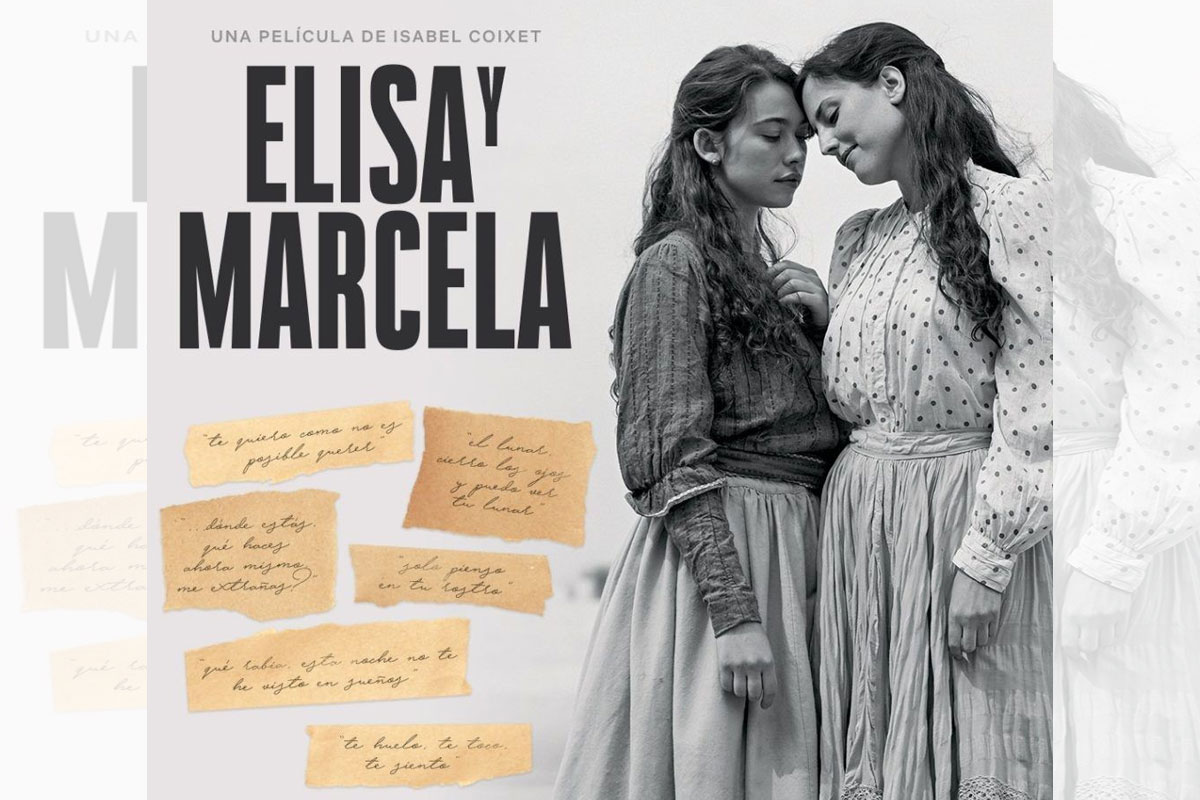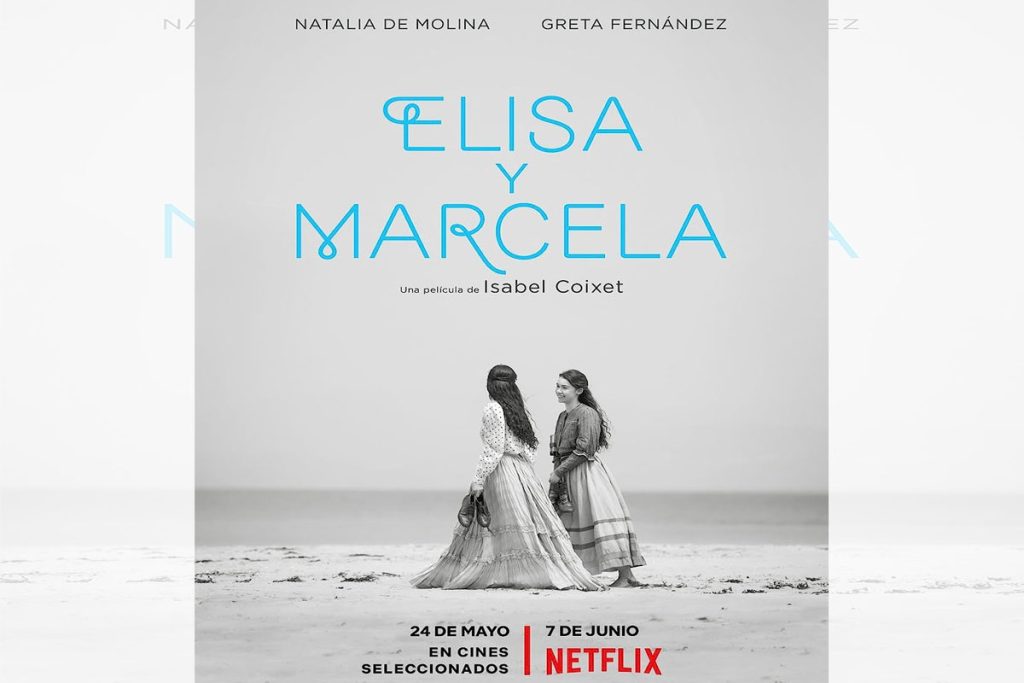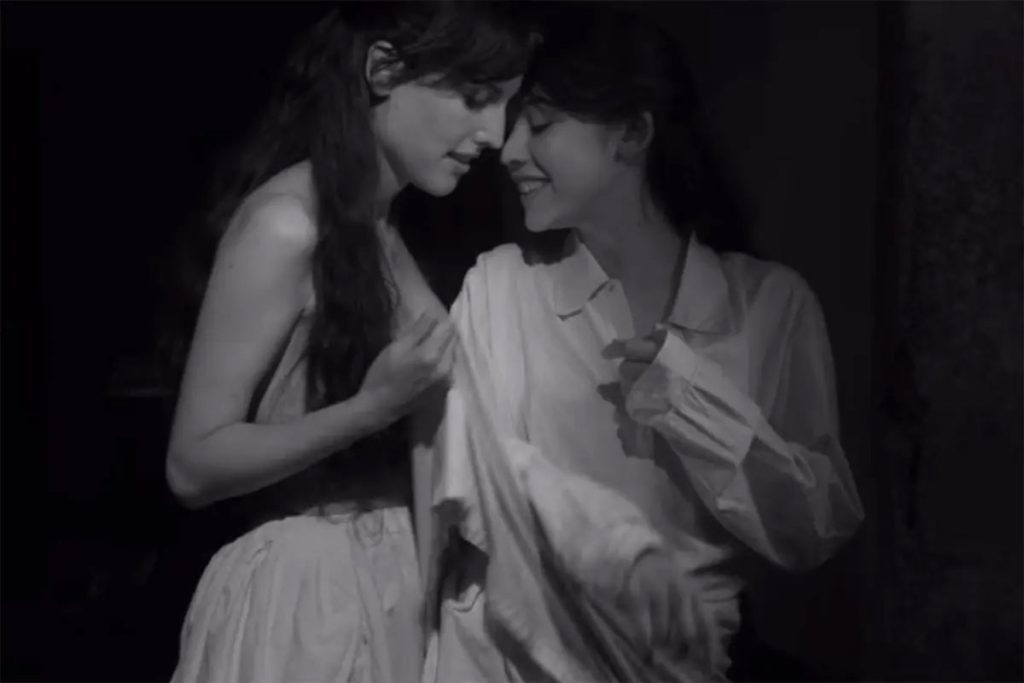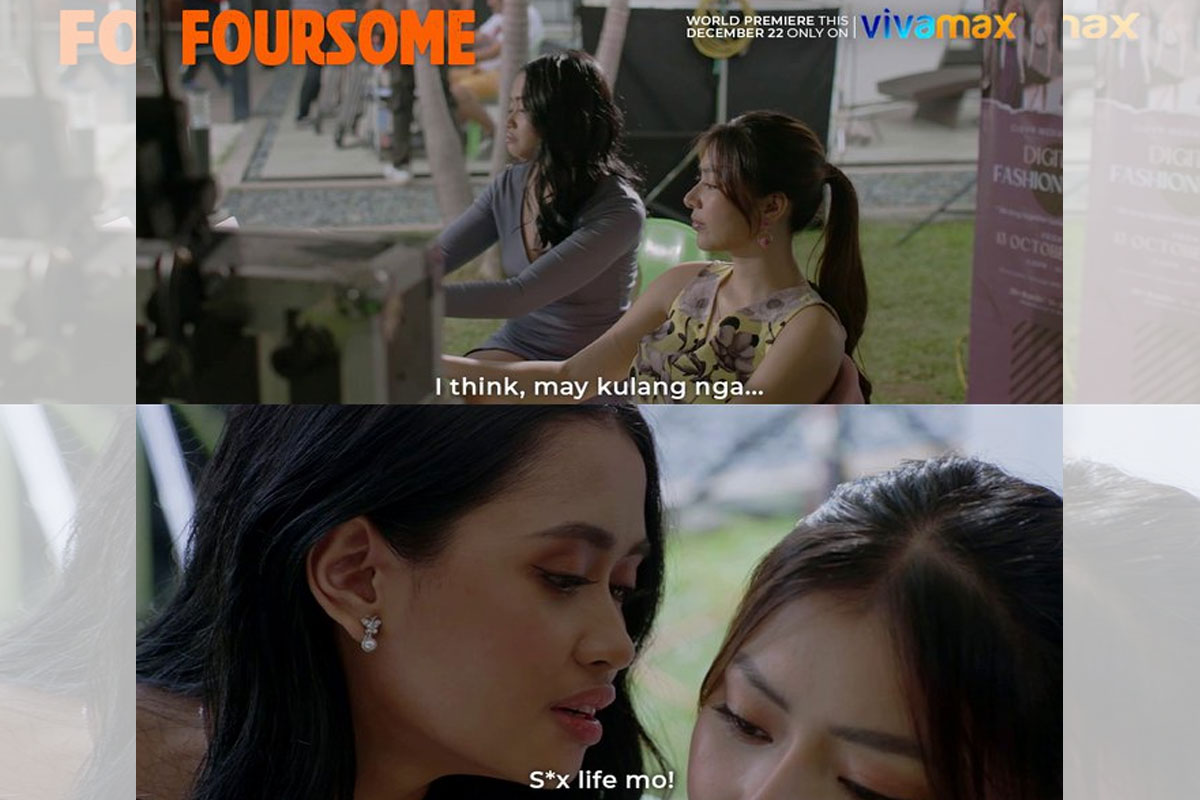
Review of sapphic love affair based on a true story, ‘Elisa & Marcela’

 SAME sex marriage was legalized in Spain in 2005. “Elisa & Marcela” is a true story that happened a century ago. It is a Spanish film on Netflix based about two women who pretended to be a heterosexual couple in 1901, making it the first same sex marriage recorded in Spain.
SAME sex marriage was legalized in Spain in 2005. “Elisa & Marcela” is a true story that happened a century ago. It is a Spanish film on Netflix based about two women who pretended to be a heterosexual couple in 1901, making it the first same sex marriage recorded in Spain.
The story starts in 1925 with a young woman who travels to Argentina and meets an older woman 27 years ago. The film then jumps to 1898 and we see Marcela (Greta Fernandez) on her first day to attend a Catholic school in Spain.
She is late and an older girl, Elisa (Natalia de Molina), who lives in the convent, helps her find her classroom. They become good friends and they even go on a trip to the beach, which Elisa says is the happiest day of her life.
Marcela’s father suspects there’s more to their friendship and, to separate them, sends Marcela to study in Madrid. But their relationship continues through the letters they exchanged while they’re apart.
Three years pass and they have both become school teachers at Galicia, Spain. They start living together and in the privacy of the home that they share, the two women are able to express their love for each other physically.
But the towns people start to suspect the real score between them and attack Elisa, who is forced to leave. She returns to the town later, disguised as a man, pretending to be her male cousin, Mario. Marcela, in turn, goes to bed with a local woodsman, Andres (Tamar Novas), who gets her pregnant.
Mario and Marcela show the people they are in love and ask the local priest to marry them. But the villagers discover the truth about them and confronted them. They leave and go to Portugal and took on various jobs, saving for their fare to Argentina where they hope to live a new life.
But the authorities arrest them and Marcela gives birth to a baby girl, Ana. Spain wants to bring them back home where they could be imprisoned for 20 years. But the Portuguese governor takes pity on them and sets them free.
Marcela knows her daughter will grow up miserable and ridiculed for having lesbian parents so she gives up Ana for adoption. The film then goes back to the present and we realize that the young woman is Ana (Sarah Casasnovas) and the older woman she visits is her mother Marcela.
And that’s about as far as we’d go. The movie is directed by Isabel Coixet and she succeeds in exploring the world in which Marcela and Elisa lived at the turn of the century. She brings on screen an unusual love story in a time of intolerance when love between members of the same sex is anathema to most people.
The film is shot in black and white with exquisitely textured shallow focus and painterly framings on screen. The period production design misses no opportunity to make forbidden love look so classy and seductive. The film succeeds in delineating the emotional flowering and sexual awakening of the two women as they finally give way to their mutual passions.
Both actresses who play the title roles, Natalya de Molina as Elisa and Greta Fernandez as Marcela, give very committed portrayals of their respective characters. As the two women who are cruelly persecuted by the people for loving each other, they seem to be truly in love, with the chemistry between them staying electric all throughout the film.
They are both very good looking on screen and both of them also give unabashed performances full of sexual tension even in the love scenes, showing great energy and passion with no qualms about doing full frontal nudity.
Ultimately, what the film underlines is the fact that society and the world, in these days of political correctness where everyone champions their own rights, have become much more relaxed in terms of social mores and acceptance of things once considered as scandalous and taboo. The recent photos of lesbian couples having their own wedding are shown in the end credits and they can really say: “You’ve come a long way, baby!”






























